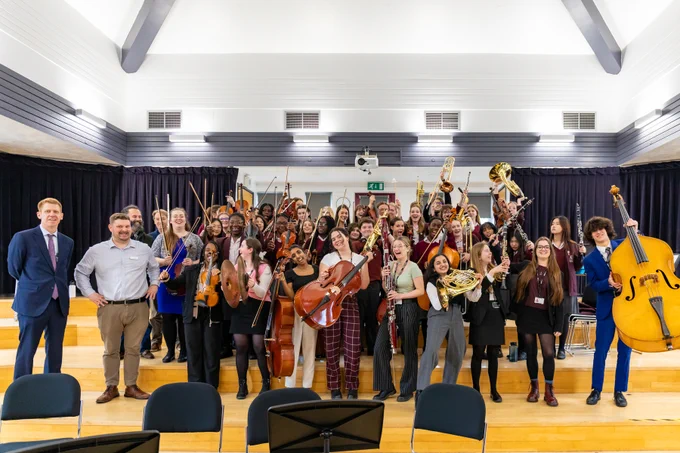Invicta Vlogs
Mrs Le Sbirel's Blog
If at first you don’t succeed, try, try again!
Wise words that fit nicely with the theme of the week - Perseverance. I have spent a bit of time this weekend watching celebrities master complicated dance routines to win a place in the quarter-finals, and others take on Bush Tucker Trials to win much wanted food for camp, all showing huge amounts of perseverance, and this has got me thinking: Can perseverance be taught?
Perseverance may not be mentioned in GCSE or A Level Specifications but is at the core of our Character Compass, sitting just where you would expect in the ‘Resilience’ segment. It is a vital skill for life in school and beyond. Studies show that perseverance has a positive influence on academic performance, as well as social and emotional wellbeing.
We have all heard stories about famous sports personalities, scientists and inventors who failed before they experienced success. Most of them failed many, many times, but something kept them going; making them try again until they succeeded. Thomas Edison tried between 2000 to 10,000 different designs for the light bulb until he found one that worked. Here is a quote from the man himself: “I have not failed. I've just found 10,000 ways that won't work.” How many of us would have kept going after so many failures?
How can we develop perseverance in our students? As teachers, we can help in the classroom; as parents and carers you can help at home. Students need to make the connection between success and hard work. Instead of saying – “You are really good at Maths”, we should say “All your hard work is really paying off”, or “You really improved in your last Chemistry test, I can see that you worked hard with your revision, so you were prepared”. This way, they will see that they have some control over their successes and failures.
We need our students to be tolerant of their mistakes, which are an expected part of their learning. When we are programming in Computer Science we (me included!) make mistakes all the time, but we always tell our classes that spotting and correcting errors will make them a better coder. Getting things wrong in the short-term is actually beneficial in the long-term.
Another way is to help our students set and achieve goals, and identify the steps required to reach their goal. Many year groups have mid-year exams after Christmas, and I’m sure they all want to do their best, so help them prepare, by making sure they know what topics to revise, what resources are available on the Student Portal, what topics they might need to ask their teachers about. Revising for assessments can seem like a daunting task, but breaking it down and creating a revision plan can really help students see that their goals might be challenging but they are achievable. Anything is possible; failure is not something to fear. As Nelson Mandela once said, “It always seems impossible until it’s done.”
Just don’t forget to praise them when they do well!
Mrs Le Sbirel
Associate Assistant Head Teacher






























